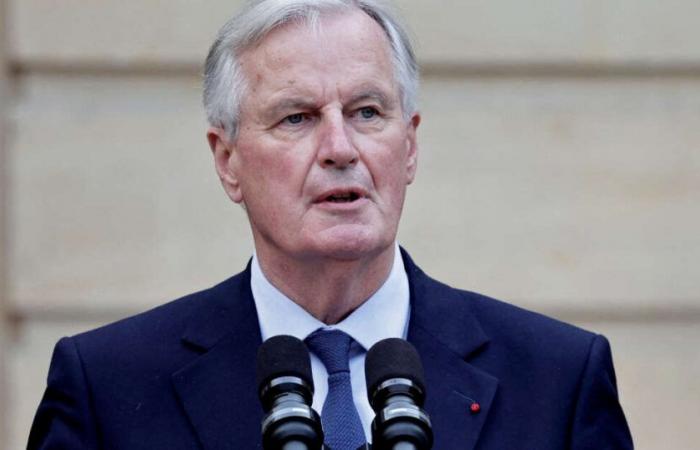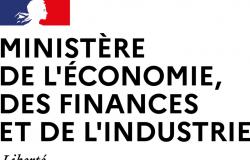“I had never seen that.” For Kusum Fernando, it is not uncommon these days to go an entire day without a single customer crossing the threshold of her small pharmacy in Matara, a coastal town in southern Sri Lanka.
“Every month I receive half as many customers, confides the bespectacled sixty-year-old, leaning against his glass counter. I see patients who have prescriptions for three days of treatment and who only take the medication for one day because they do not have enough money for the full treatment.”
Consumption down
Chandrasiri Wickremeratne, who has also run a pharmacy in Matara for thirty years, makes the same observation.
“Some diabetic patients have stopped their treatment, they can no longer afford it. They say they would rather die.”
Outside of major urban centres and tourist enclaves, the decline in consumption is tangible for many small businesses. The economic and political difficulties of the last five years have caused the number of poor people in the country to explode – from 3.04 million to 7 million [sur une population de 22 millions d’habitants] –, while real incomes stagnate.
As they are called to elect a new president on September 21, voters, long accustomed to seeing election campaigns played out on ethnic and religious issues, are now focusing on economic issues.
A future president without legitimacy?
And the outlook for that is certainly brighter in Colombo and the country’s major cities now that inflation is under control, foreign tourists are returning, and the Sri Lankan rupee has recovered. There are bold investors looking for bargains. And the stock market has more or less recovered what it lost in 2022, when Sri Lanka defaulted on its debt—a situation that has not happened to an Asian country in more than two decades.
However, Sri Lankans are not hesitant to express their discontent. It is difficult, under these conditions, to determine whether this will favor a particular candidate. According to Frontier Research, an economic analysis firm based in Colombo, this election could be the first in Sri Lanka to bring a president to power without an absolute majority. Its researchers published a note to this effect:
“We must prepare for the possibility that the president will be elected with only 30% or 35% of the vote. This will raise questions about his legitimacy and credibility.”
It is a crucial aspect of this year’s election, because the winner will inherit the management of the International Monetary Fund’s (IMF) four-year bailout plan. Many Sri Lankans feel the IMF has only prolonged their hardship by raising taxes and the cost of living; others say its $3 billion plan has lifted the country out of its rut.
Record inflation, falling wages
One thing is for sure: Sri Lanka desperately needed help in 2022. With its foreign exchange reserves at an all-time low and the rupee collapsing, fuel, medicines and some food supplies were hard to come by. Lines at soup kitchens were long. Inflation was running at 69.8%. Power cuts were commonplace.
A government study conducted in August 2023 showed that almost half of respondents had seen their pay and working hours cut since March 2022. Three-quarters also said they had changed their diet due to lack of means. And one in seven said they had lost their main job.
It was in early 2023 that the IMF began to impose a restructuring of Sri Lanka’s finances, r






